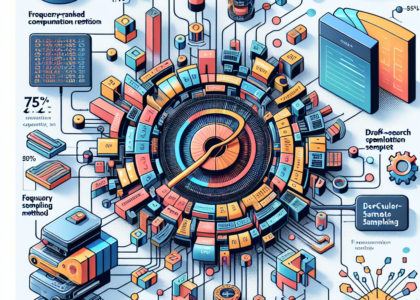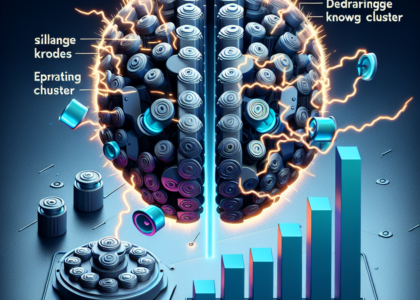Authors: Huaijie Wang, Shibo Hao, Hanze Dong, Shenao Zhang, Yilin Bao, Ziran Yang, Yi Wu
Abstract: Improving the multi-step reasoning ability of large language models (LLMs)
with offline reinforcement learning (RL) is essential for quickly adapting them
to complex tasks. While Direct Preference Optimization (DPO) has shown promise
in aligning LLMs with human preferences, it is less suitable for multi-step
reasoning tasks because (1) DPO relies on paired preference data, which is not
readily available for multi-step reasoning tasks, and (2) it treats all tokens
uniformly, making it ineffective for credit assignment in multi-step reasoning
tasks, which often come with sparse reward. In this work, we propose OREO
(Offline Reasoning Optimization), an offline RL method for enhancing LLM
multi-step reasoning. Building on insights from previous works of maximum
entropy reinforcement learning, it jointly learns a policy model and value
function by optimizing the soft Bellman Equation. We show in principle that it
reduces the need to collect pairwise data and enables better credit assignment.
Empirically, OREO surpasses existing offline learning methods on multi-step
reasoning benchmarks, including mathematical reasoning tasks (GSM8K, MATH) and
embodied agent control (ALFWorld). The approach can be extended to a
multi-iteration framework when additional resources are available. Furthermore,
the learned value function can be leveraged to guide the tree search for free,
which can further boost performance during test time.
Source: http://arxiv.org/abs/2412.16145v1





